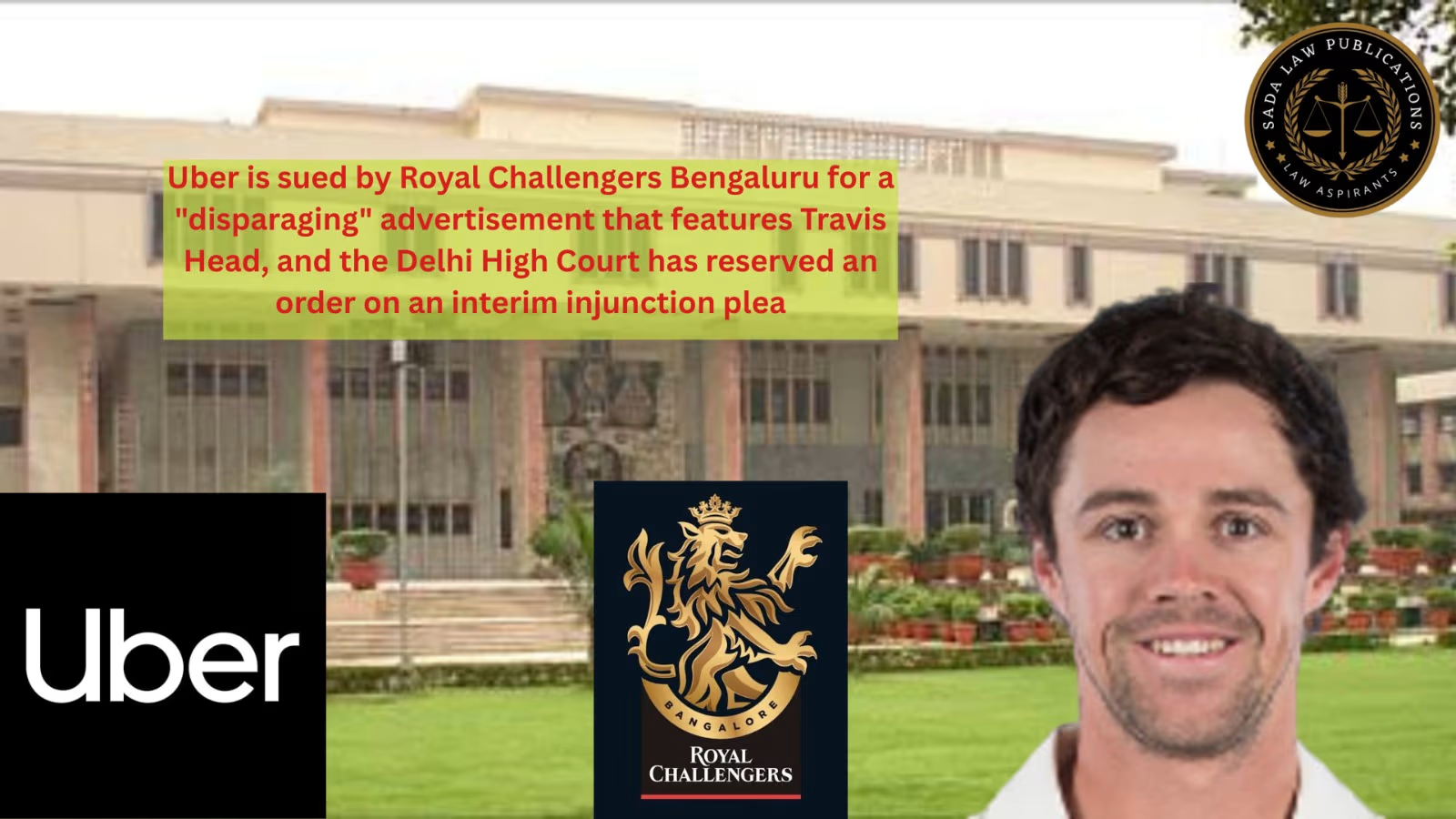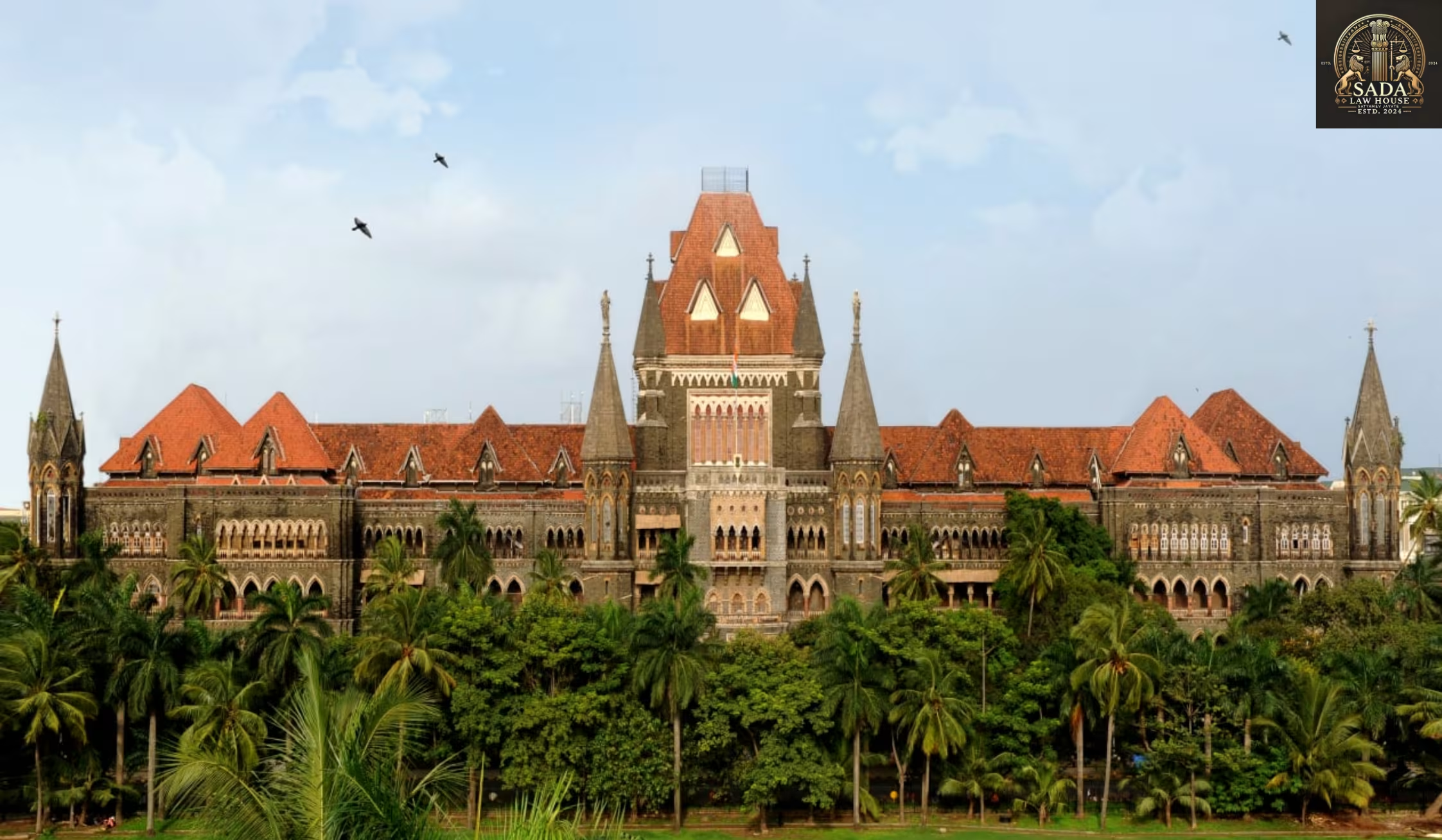RCB vs Uber Trademark Dispute: Delhi High Court Case Over Viral Travis Head YouTube Ad
- MAHI SINHA
- 18 Apr 2025

RCB vs Uber: Delhi High Court Case Over Alleged Trademark Defamation in YouTube Ad
RCB has filed a trademark defamation case against Uber in the Delhi High Court over its viral “Baddies in Bengaluru ft. Travis Head” ad. Learn why RCB claims the ad damages its brand and how Uber is defending its creative freedom.
Background: RCB Files Lawsuit Against Uber Over YouTube Ad
In a high-profile legal dispute, Royal Challengers Bengaluru (RCB) has taken Uber to the Delhi High Court over a YouTube advertisement titled “Baddies in Bengaluru ft. Travis Head.” According to RCB, the ad allegedly defamed the franchise’s trademark and portrayed the team in a derogatory manner.
The Indian Premier League (IPL) team filed for an interim injunction—a court order to restrain Uber from airing the ad—but the High Court has withheld its decision for now.
What Sparked the Controversy?
The ad in question features Travis Head, a Sunrisers Hyderabad (SRH) batter and former RCB player, pulling pranks ahead of an IPL match between Bengaluru and Hyderabad. In the video, Travis—nicknamed the “Hyderabaddie”—is shown wearing flashy gold chains and white attire while entering the stadium with his “gang.”
What triggered the legal battle was the visible alteration of match signage that originally read “Bengaluru vs Hyderabad,” defaced to read “Royally Challenged Bengaluru vs Hyderabad.”
RCB claims this directly mocks their trademarked name, “Royal Challengers Bengaluru,” and affects the team’s public image.
RCB’s Legal Stand
Representing RCB, advocate Shwetasree Majumder argued that the term “Royally Challenged” was a mockery of the team’s trademark and that Uber—being a commercial sponsor of SRH—had no legal right to use or parody RCB’s brand identity.
Majumder stated:
“There were countless inventive ways to create an ad. Was it necessary to use our trademark and a former player to target us?”
She emphasized that public comments under the video make it clear the ad was perceived as disparaging RCB, not just a creative take.
Uber’s Defense: It’s Just a Joke
Uber, on the other hand, dismissed the lawsuit as preposterous, claiming that the advertisement is protected under the right to commercial free speech. According to Uber’s legal counsel:
“The term ‘Royally Challenged’ has been used before in media commentary, and Travis Head wasn’t mocking the team but rather hyping up the upcoming match.”
Uber also emphasized that the use of satire and humor is well within the bounds of creative advertising and does not constitute trademark infringement.
What’s at Stake for Both Sides?
For RCB:
Protection of brand integrity
Preventing misleading associations with rival franchises
Addressing public perception in a high-visibility tournament like the IPL
For Uber:
Upholding creative freedom in advertising
Defending the legitimacy of satire and parody in sports marketing
Avoiding a legal precedent that restricts promotional creativity
With the ad surpassing 54 million views on Instagram alone, the case has gained massive attention from fans, media, and legal experts alike.
Conclusion: Satire or Trademark Violation?
This case raises important questions around trademark usage, advertising freedom, and the fine line between satire and defamation in the world of sports marketing.
While the Delhi High Court has yet to make a final ruling, the outcome could set a crucial precedent for how brands interact with sports franchises in promotional content moving forward.






